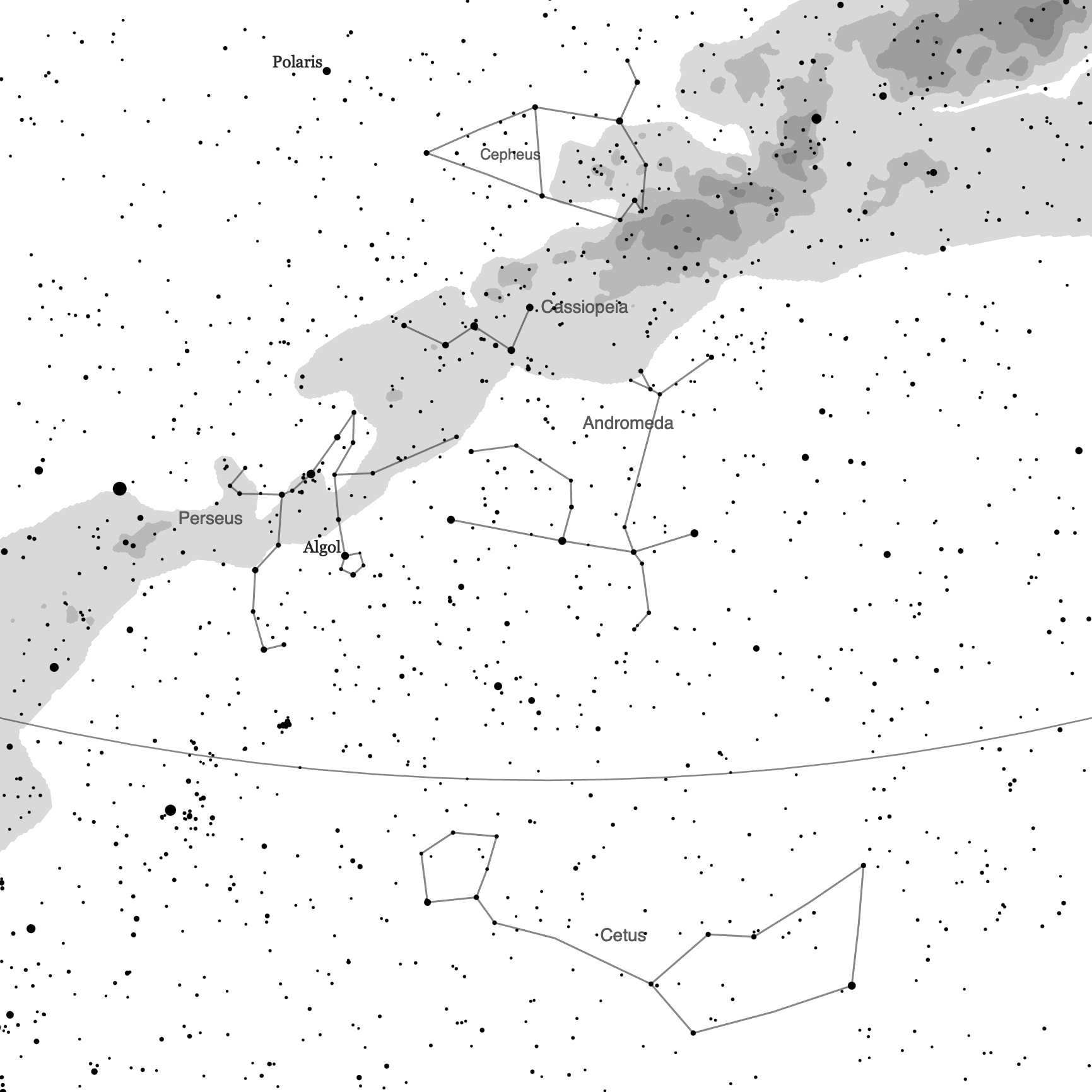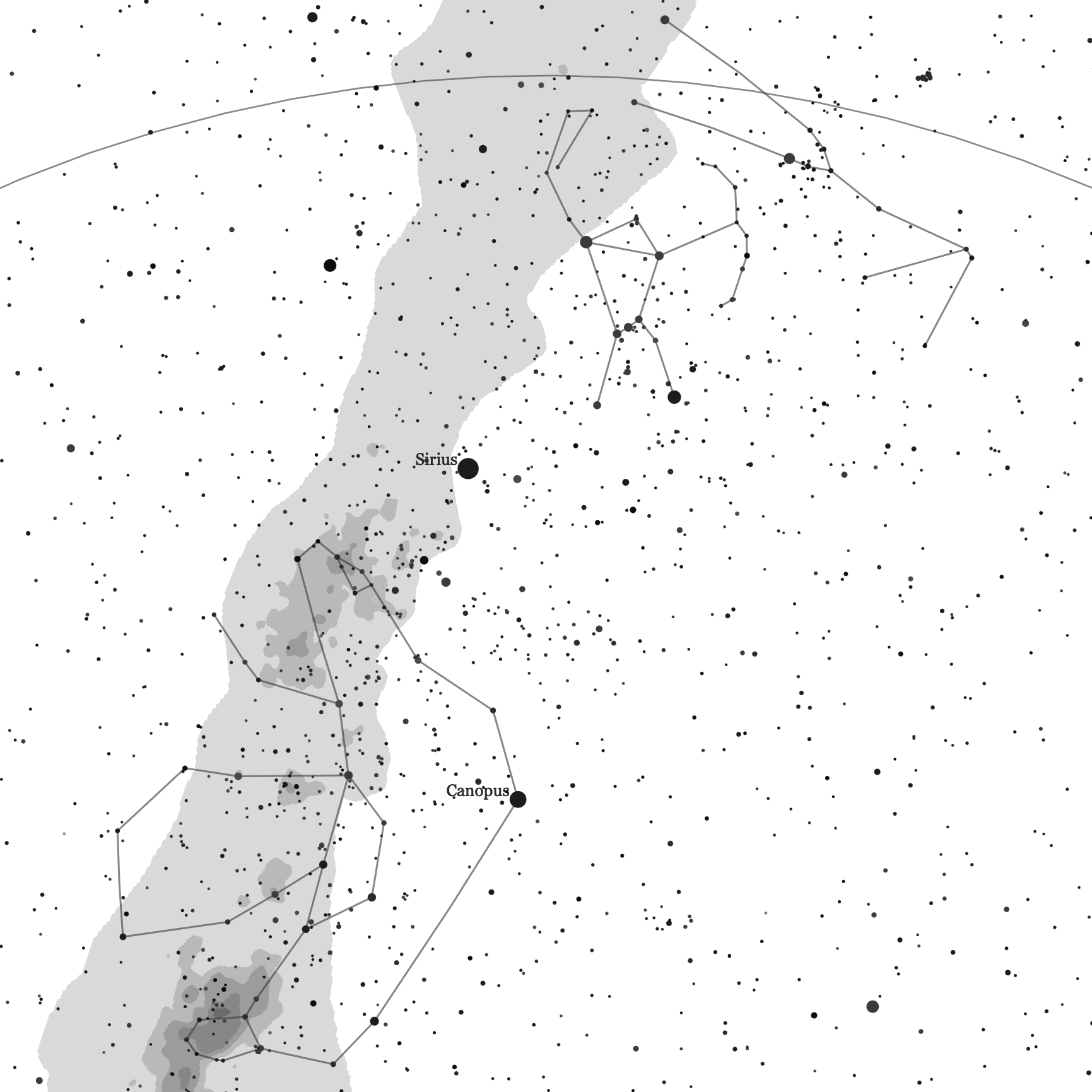Re-reading Enneads I v "Can Well-Being Increase With Time?" I think my previous summary is fine and I have simply edited that post with different nomenclature (e.g. changing "happiness" to "well-being," following the reasoning I outlined yesterday).
I would like to flag a few sight-seeing points that stood out to me this time around, though:
In §4, Plotinos agrees with (and elegantly subsumes) Aristotle's definition of well-being: if one equates well-being with the ability to exercise free will, then they are simply accepting Plotinos's position, for the soul has free will according to its nature, while the body has none.
In §7, Plotinos makes the case that eternity isn't merely the sum of all times, but is beyond time. (This echoes Proklos's and Taylor's distinction of "perpetual" and "eternal.") Thus something which is eternal is better than something which is perpetual, and therefore eternal good is better than perpetual good, and therefore the well-being of the soul is more to be desired than even perpetual pleasure of the body.
In §10, Plotinos makes a cute distinction between well-being and well-doing, which echoes Plato's "world of being" and "world of becoming." I think this neatly describes the functions of each: the intellect essentially is, but a soul only accidentally is, thus the intellect can only be, but a soul can be well or be poorly. The soul essentially moves, but a body only accidentally moves; thus the soul can only do, but a body can do well or do poorly. That is to say: something that essentially possesses some quality simply embodies that quality, but something that accidentally possesses it may have it to a greater or lesser degree.

